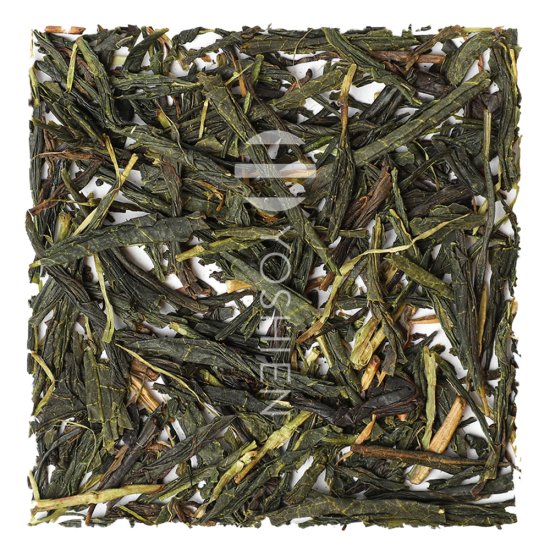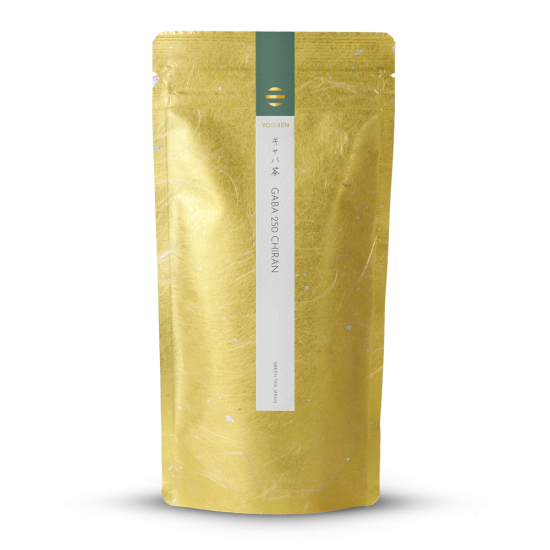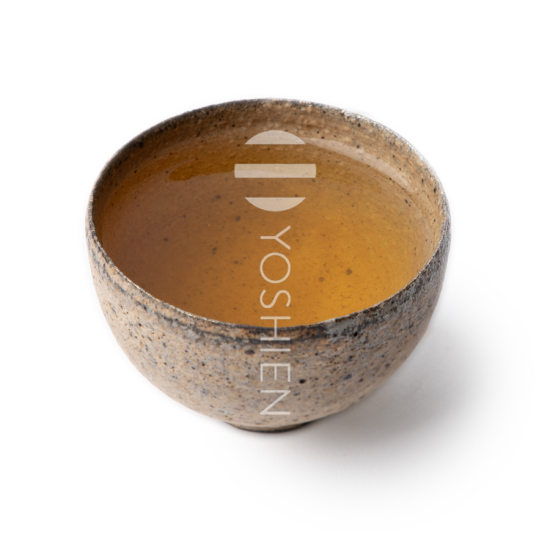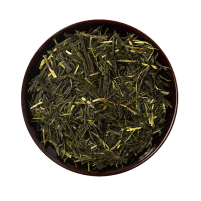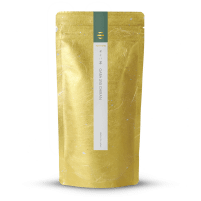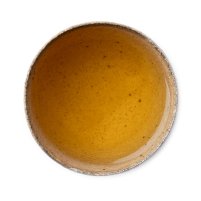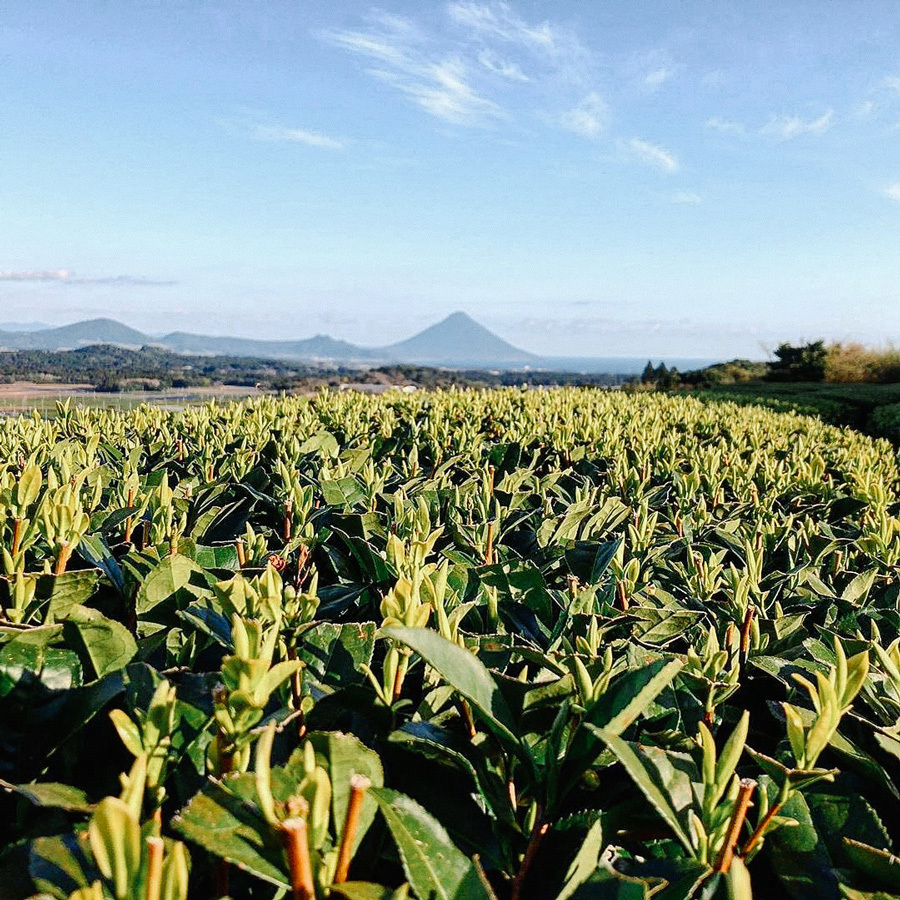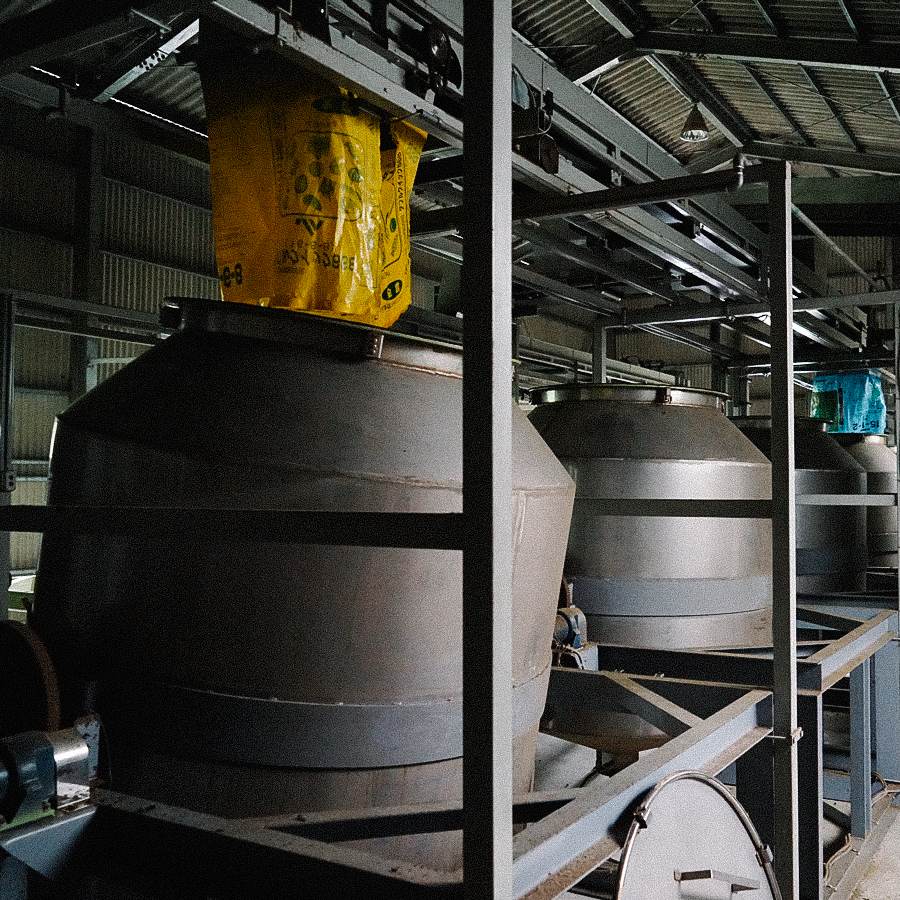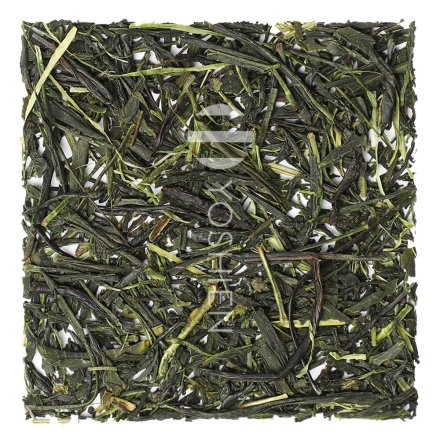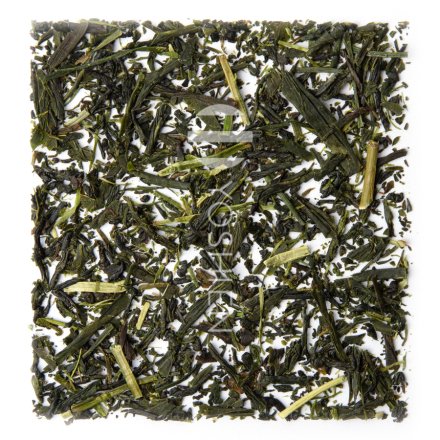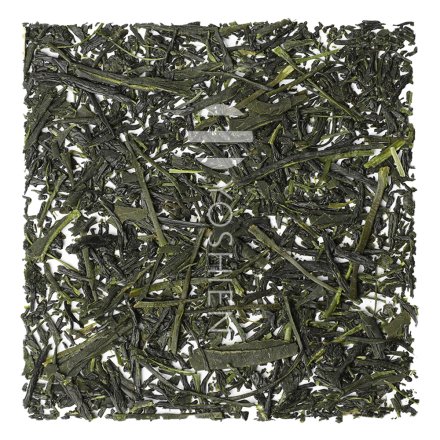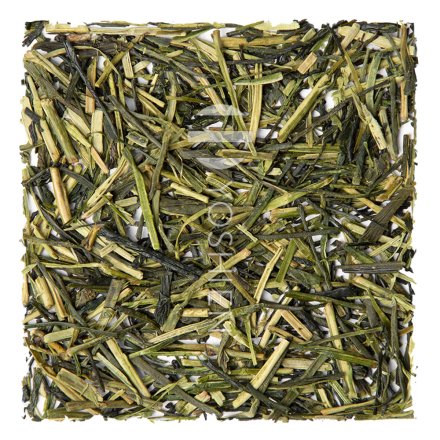GABA Content
The tea farmer ensures that a high amount of GABA is reached through carefully selecting the leaves, as well as through the unique production process.
GABA, an Important Amino Acid
The natural amino acid GABA (γ-aminobutyric acid) is the most important chemical messenger in the central nervous system, acting as an inhibitory neurotransmitter.
GABA is found in varying amounts in certain foods and is also formed in the brain from glutamine. GABA green teas (up to 400mg/100g), tomatoes (up to about 60mg), sprouted rice, certain fermented foods, potatoes (16–60mg) and citrus fruits (10–23mg) contain particularly high amounts of this amino acid.



